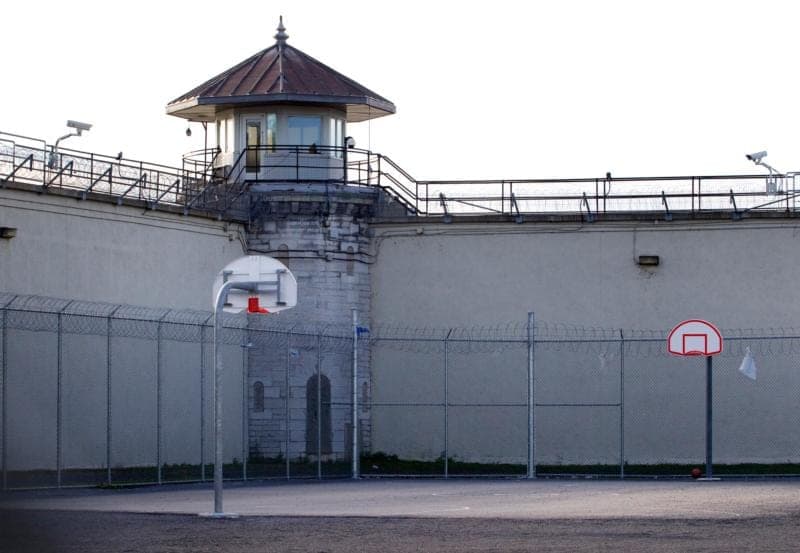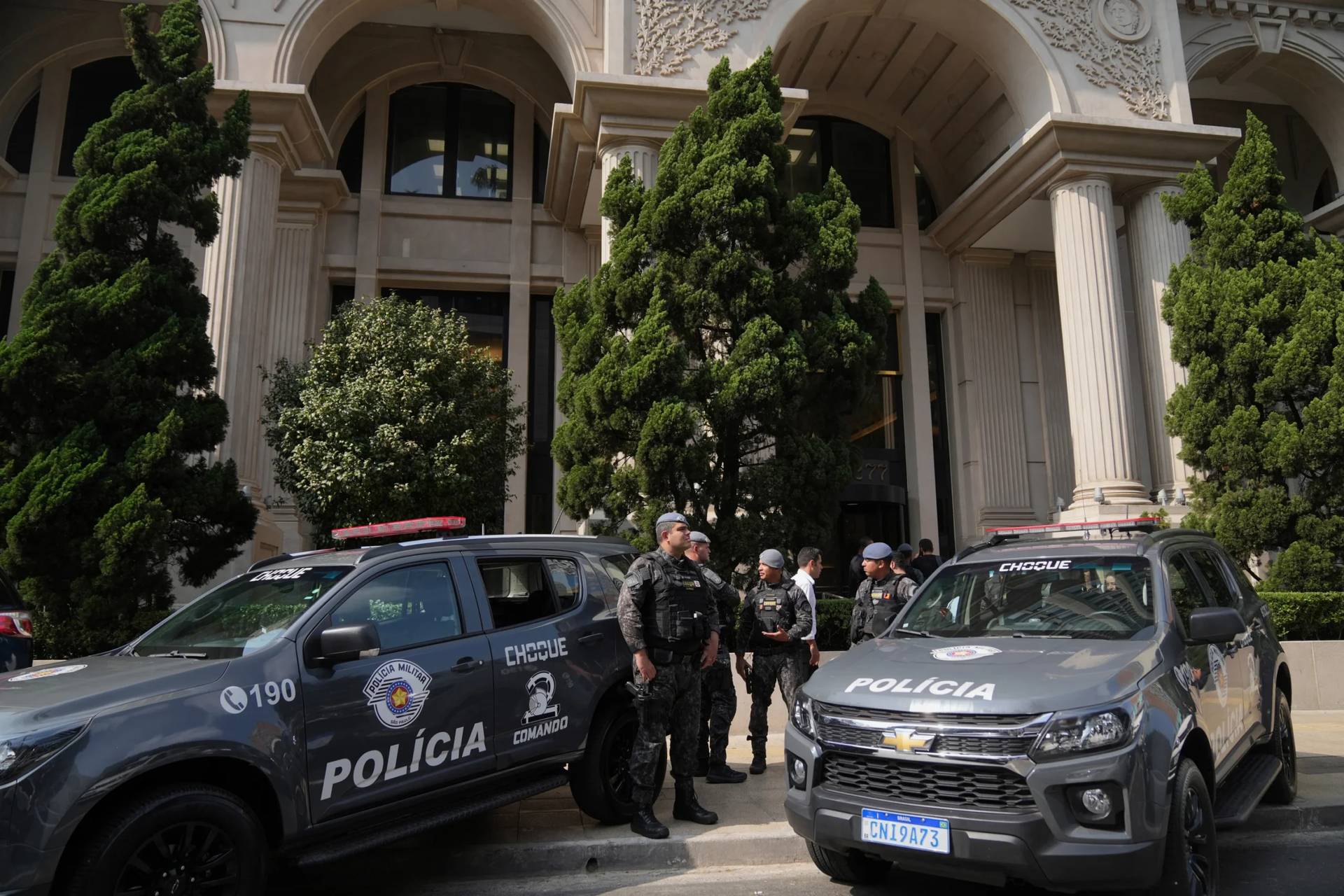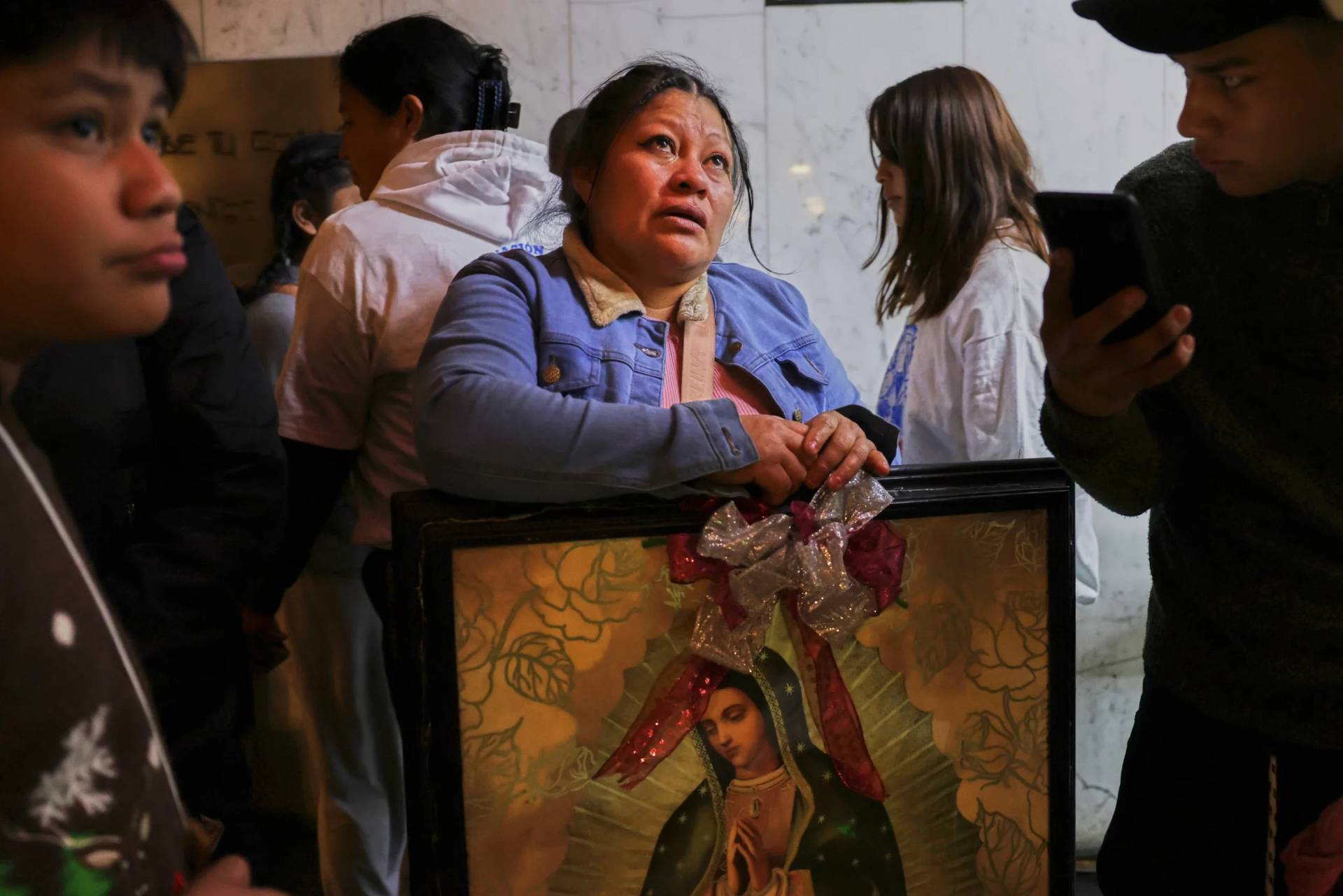TORONTO — With the federal prison system shutting down all visits, a Catholic priest has volunteered to be incarcerated rather than leave inmates without spiritual care.
“He offered to go there and live in the institution 24-7,” said Bishop Gary Gordon of Victoria, British Columbia. “For a bishop to hear that from a priest, you say ‘OK, this is what it’s all about. This is the vocation — lay it on the line.’ It’s really beautiful.”
As COVID-19 infections begin to emerge in prisons, spiritual care for inmates has dwindled amid growing anxiety over the dangers faced by inmates and prison staff alike.
Gordon, who is the Canadian Conference of Catholic Bishops’ representative for prison ministry, said the priest who volunteered to remain with inmates has a deep and long commitment to prison ministry. For privacy reasons, he would not divulge the name or location of the priest to The Catholic Register, Canadian Catholic weekly based in Toronto.
As the official Canadian bishops’ liaison with Corrections Canada, Gordon hopes to persuade federal officials not to completely cut off prisoners from their chaplains.
“If someone is gravely ill, then the priest should be allowed to bring them the holy anointing of the sick and viaticum,” he said.
The situation inside jails can be very dangerous, said Bonnie Weppler, executive director of the Church Council on Justice and Corrections. She compares the spread of COVID-19 in prisons to how it can spread in long-term care homes and cruise ships.
“What would you expect to happen? The same as you see happening in seniors’ homes. If one person gets it, a whole bunch are going to get it,” Weppler said.
Public Safety Minister Bill Blair directed Correctional Services Canada and the Parole Board of Canada to find ways to thin out prison populations through early release.
Ontario is also “proactively performing a review for all inmates to determine eligibility for early release,” Kristy Denette, solicitor general’s office spokeswoman, told The Catholic Register.
“We anticipate the number of inmates in custody will continue to decrease over the coming weeks,” she said.
While spiritual care has been classified as an essential service and prison ministry visits are still technically allowed at Ontario jails, individual institutions are being very careful about letting volunteers in and out. Deacon Joseph Owusu-Afriye, who has for 10 years been a regular visitor to the Roy McMurtry Youth Centre in Brampton, was told he may continue his visits provided the young offenders’ jail was not in lockdown and he felt safe doing so.
“I weighed all the options and had a talk with my wife, but we decided, ‘OK.’ There is some risk involved, but …”
As long as the deacon is reasonably sure he is not a source of infection, he intends to continue his monthly prison visits.
“This is the time that probably they need somebody to visit them regularly, to listen and be with them,” he said. “This is not the time I will abandon them.”
Just letting nonviolent offenders nearing the end of their sentences out isn’t as easy a solution as it might first appear, said Weppler.
“If they come out, where are they going to live?” she asked. “It’s not helpful to have them filling up shelters. The same kinds of things are likely to happen if we have them in shelters.”
Subtracting prison ministry from prisons, even for a short time, could have negative consequences for inmates and for the atmosphere inside the institutions.
“There is lots of research that, for religious or spiritually engaged people, chaplaincy services are integral to those peoples’ mental health,” said Rebecca Bromwich, Carleton University law professor.
At the same time, the institutions must prevent visitors “from becoming disease vectors,” Bromwich said.
Catholics should be praying for prisoners and leaving the judgment to others, said Gordon.
“We’ve got a very vulnerable population in these institutions by virtue of their addictions history. We really should be offering up a prayer,” said the bishop.
Swan is associate editor of The Catholic Register, Toronto.

















